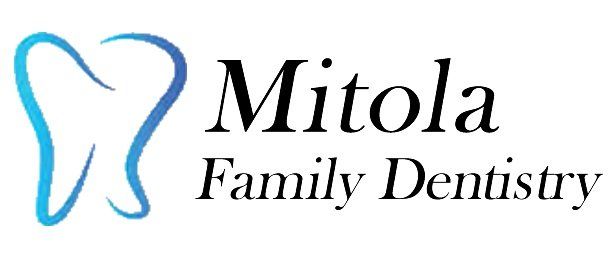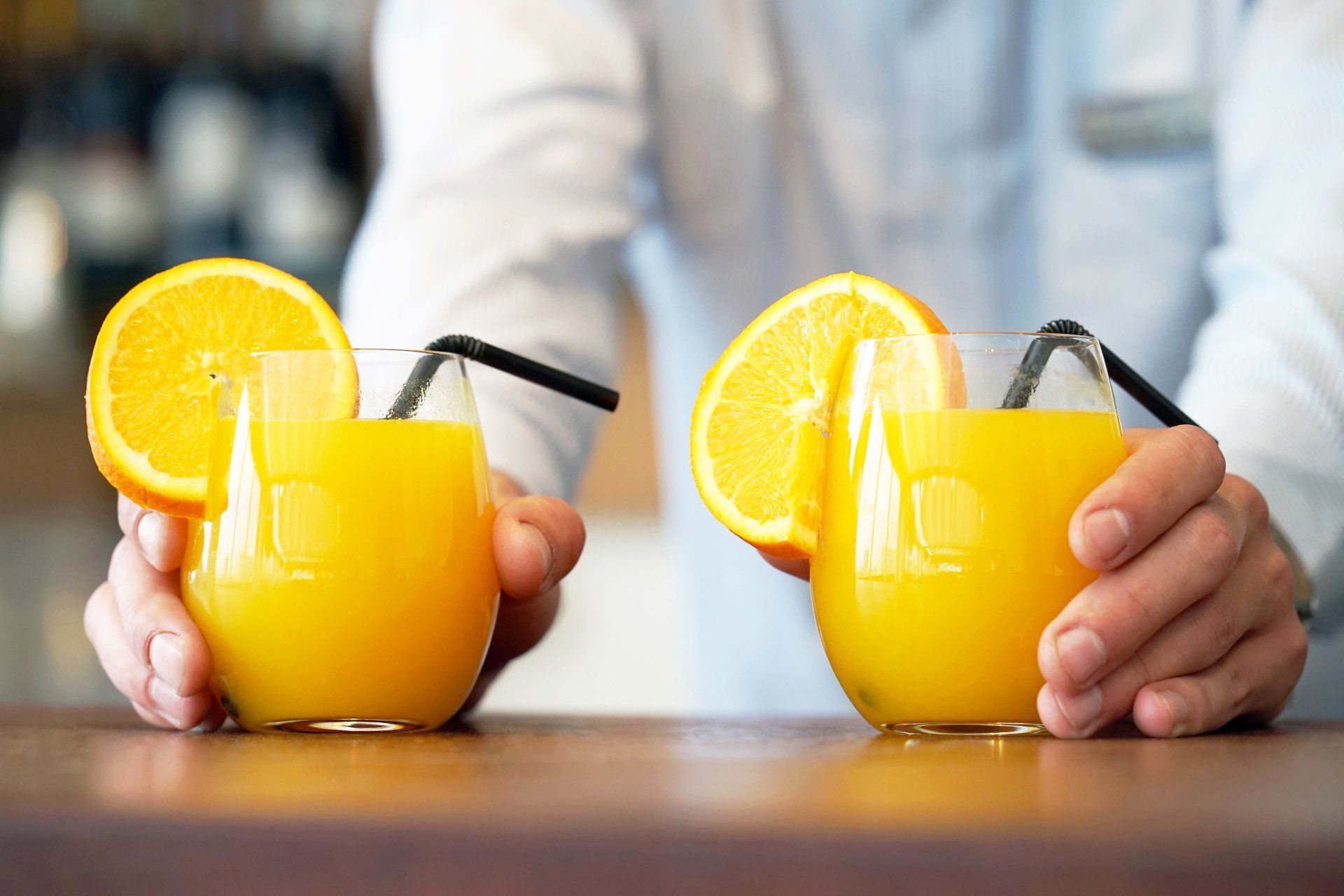Pediatric
Pediatric Service
There are many important oral health topics concerning children that should be discussed with your dentist.
Tooth decay prevention techniques should be addressed at an early age, including how to brush and floss, the optimal use of fluoride and the placement of dental sealants. A child’s diet has a significant impact on their risk for tooth decay. Many foods that our children consume may have high sugar content and put them at risk for developing cavities (i.e., tooth decay). Some common dietary choices that have been associated with an increased risk of cavities include, soda, fruit juices, fruit roll ups, and candy. A complete list of foods high in sugar can be found on our website.
Additionally, it is important for children to have regular dental exams so they can be evaluated for the need for braces or other orthodontic treatment. Misaligned or malpositioned teeth can cause multiple dental problems as we get older and most of the issues can be avoided with proper orthodontic treatment. Orthodontic problems can be identified at a young age and it is best both clinically and financially to address these problems while the mouth is growing. Some common childhood habits including, thumb sucking may cause problems for permanent teeth. Specific risk factors for developing tooth decay or other oral health problems are considered on an individual basis and should be discussed with a dental professional before the permanent teeth have erupted into the mouth. Dental Sealants
Fluoride
One of the best ways to keep your child free of tooth decay (cavities) is to maintain a proper diet. Cavities are caused by bacteria that combine with sugar and starches to produce acid that decay your teeth. Many drinks are high in sugar or have acid in them and can harm your child’s teeth. We have discussed some common foods and drinks that are both good and bad for your child’s diet and oral health.
DRINKS
Juices
Juice (even 100% natural juice) is high in sugar and is probably the leading cause of cavities that we see in our office. We recommend that children only have one small 6 oz cup of juice a daily if any at all. Juice can be watered down to provide the taste but diluting the sugar content. Juice should be consumed with a meal or with a snack to help buffer the sugar intake. Juice is the most dangerous for causing cavities when a child is sipping on it throughout the day in a bottle or sippie cup. This gives the dangerous combination of too much total sugar consumption as well as a high frequency of sugar consumption. It is also very important that children are not allowed to drink juice (or any drink besides water) after they have brushed their teeth at night and are also not allowed to sleep with a bottle or sippie cup containing juice.
Soda
Children should only receive soft drinks for special occasions, if at all. They have a lot of sugar and are acidic and cavity promoting. Even diet drinks are acidic and contain many ingredients that are not ideal for your child to consume. Soft drinks, including diet soft drinks, should not be included in a child’s diet.
Sports Drinks
Sports drinks are not healthy! They contain a lot of sugars that can cause cavities! Beware of the “reduced sugar” versions of sports drinks. They still contain a lot of sugar and are still very cavity promoting.
Sweet Tea and Kool Aid (and drinks similar to Kool Aid) contain a lot of sugar and are not good for your children’s teeth.
Snacks
It is very important to develop a feeding schedule for your child. It is best for small children to have three meals a day as well as a mid-morning and afternoon snack. Constant snacking between meals should be avoided. A lot of snacking between meals increases the frequency with which harmful foods can be in contact with your children’s teeth and thus increases the likelihood that your children could develop cavities
Healthy snacks:
Snacks that are the best for your children to eat are those high in protein such as peanut butter, cheese and yogurt. Raw Fruits and vegetables are also very good snacks for children to have.
Recommended snacks:
- Cheese
- Yogurt
- Peanut Butter
- Apples
- Pears
- Strawberries
- Bananas
- Cantaloupe
- Vegetables with a low fat dip (carrots, celery, etc…)
- Whole grain cereals
Bad snacks:
- Snack foods that are sticky. These foods can stick to the chewing surfaces or between the teeth and cause cavities.
- Beware of reduced fat and low sugar processed snacks. These products are usually lower in sugar than the normal products but still very high in sugar themselves. These snacks are typically high in starch content and the starches will be turned into sugar once they begin being digested by saliva.
Snacks to avoid:
- Fruit Roll ups
- Chips
- Hard Candy
- Chocolate Bars
- Cheez Whiz
- Gummy Snacks
Other snacks to be weary of and to limit consumption include:
- Granola bars – they are very high in sugar and fats.
- Fruit cups – they are much higher in sugar than fresh fruit.
- Chicken nuggets – they have a lot of saturated fat and calories.
BROWSE OUR WEBSITE
CONTACT INFORMATION
Phone:
Fax:
518-237-0725
Fax: 518-237-0725 | Email: frontoffice@mitoladds.com
Content, including images, displayed on this website is protected by copyright laws. Downloading, republication, retransmission or reproduction of content on this website is strictly prohibited. Terms of Use
| Privacy Policy





